This series by American studies professor Ben Railton explores the connections between America’s past and present.
The recent release of The U.S. and the Holocaust, the latest documentary from Ken Burns and his partners Lynn Novick and Sarah Botstein — a project where Burns has noted, “I will not work on a more important film than this one in my lifetime”— has raised a number of complex and important questions. Those questions relate in part to the horrific histories on which the film focuses, including the multi-layered entanglements between the U.S. and Nazi Germany that I wrote about in this column, and which contributed to the tragic abandonment of Jewish refugees that I covered in this one.
But alongside those historical issues, the film raises thorny questions about what’s happening in the U.S. today. It asks us to consider how Americans can resist and challenge such rising fascism, both around the world and in our own communities. The era of World War II and the Holocaust offers not only a case study in the destructive effects when we fail to do so quickly or potently enough, but also features, in the groundbreaking and courageous life and career of journalist Dorothy Thompson (1893-1961) an inspiring model for how to call out both global and American fascism.
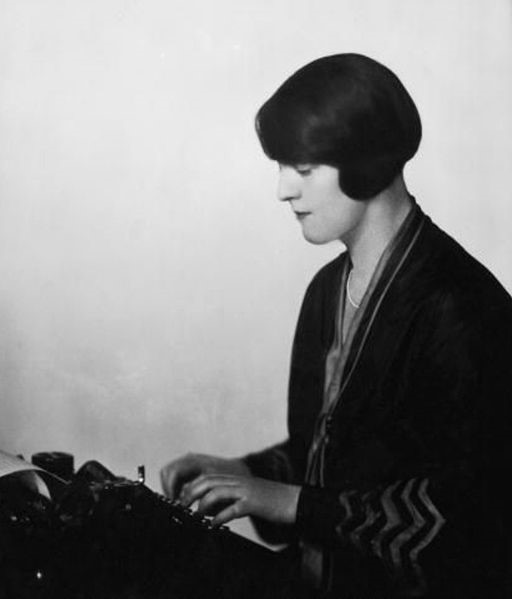
Thompson’s life and journalism alike were defined by radical activism at every turn. While still a college student at Syracuse in the early 1910s, she began working for women’s suffrage, quickly becoming a leader in the movement which successfully gained women the right to vote in New York in 1917. In the 1920s she moved to Europe to pursue her blossoming journalism career, achieving such milestones as the final interview with Irish Sinn Féin leader Terence MacSwiney just hours before his arrest for sedition. While an early and committed advocate for the Zionist movement in both Europe and the U.S., by the final decades of her life she had come to recognize the struggles and oppression of the Palestinian people and had become a vocal critic of Israel’s human rights violations. All these and many other groundbreaking steps led to Thompson’s nickname, “The First Lady of American Journalism,” and to such recognition as a 1939 Time cover story that declared “she and Eleanor Roosevelt are undoubtedly the most influential women in the U.S.”
By 1939 Thompson had also become closely linked to her most prominent, important, and courageous cause: her vocal opposition to Adolf Hitler and the Nazi regime. Her European journalism career had taken her first to Austria and then to Germany, where she worked as head of the New York Post’s Berlin bureau. In 1931 she met and interviewed the rising young German politician Adolf Hitler, and she was so troubled by what she saw in him that she quickly turned her impressions and concerns into a book, I Saw Hitler! (1932). As ever, Thompson pulled no punches, writing “He is formless, almost faceless, a man whose countenance is a caricature, a man whose framework seems cartilaginous, without bones. He is inconsequent and voluble, ill poised and insecure. He is the very prototype of the little man.” The Nazis found the book and Thompson’s perspective offensive, and in August 1934 she became the first U.S. journalist expelled from Nazi Germany.
While of course Thompson was tragically wrong about Hitler being inconsequential, these efforts embody important first steps in calling out fascism: identifying it as such from an early point and seeking to puncture its aura of power and authority. As an American journalist, Thompson was not able to change the course of German politics or history, but her efforts did not stop there: when she returned to the United States she set about consistently and scathingly calling out America’s entanglements with that rising fascist regime. Sadly, Thompson seems to have been almost alone in her activism during the 1930s and even the early years of World War II. In August 1941, she wrote the Harper’s article “Who Goes Nazi?” Looking around “a large gathering of one’s acquaintances,” Thompson speculates who “in a showdown would go Nazi,” and makes the case that through her experiences she has “come to know the types: the born Nazis, the Nazis whom democracy itself has created, the certain-to-be fellow-travelers. And I also know those who never, under any conceivable circumstances, would become Nazis.”
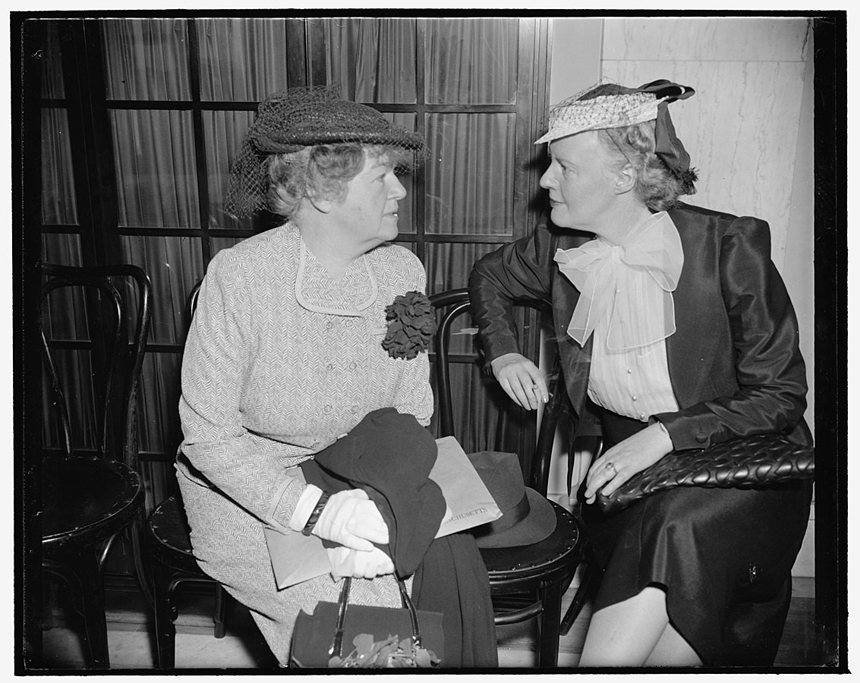
Thompson’s anti-fascism throughout this period was far from simply speculative. In April 1939, she testified before the Joint Congressional Committee on Immigration, making the case that something must be done to help European victims of “Nazi wrath” relocate to the United States. She would continue to advocate in her columns, public statements, and political and personal relationships for aid and support for Jewish refugees from the Holocaust, challenging the official U.S. policy of neutrality as well as the homegrown anti-Semitism that was all too visible in this era. And when Germany invaded Poland in September 1939, Thompson went on the air for NBC News for 15 straight days, seeking both to highlight for an American audience this growing threat and to make the case for resisting it at home as well as abroad.
Dorothy Thompson’s NBC broadcast from September 3, 1939 (Uploaded to YouTube by 4TheRecord)
Thompson’s calling out of fascism had one additional and vital layer as well. Hitler had made no secret of the fact that he had found inspiration for elements of his Nazi ideology in American racism and white supremacy. And in many of her columns and commentaries on U.S. politics and society, Thompson made those same connections, identifying and critiquing creeping fascism in our own policies. Exemplifying that work was “Our Ghostly Commonwealth,” a July 1935 column she contributed to the Saturday Evening Post — while Thompson’s central focus is on potential flaws and discriminatory narratives featured in the Depression-era work-relief program FERA, she ends with a powerful comparison to Nazi Germany:
Now the subsistence workers are not pariahs of the social order but are hailed as its pillars. They are the builders of the New Germany. They have parades. They are drilled, exercised, trained. Arrangements are made to keep many of them permanently in this status. And a vast propaganda machine with the whole field to itself is busy persuading them that they like it.
Well, perhaps they do. But would we?
Become a Saturday Evening Post member and enjoy unlimited access. Subscribe now
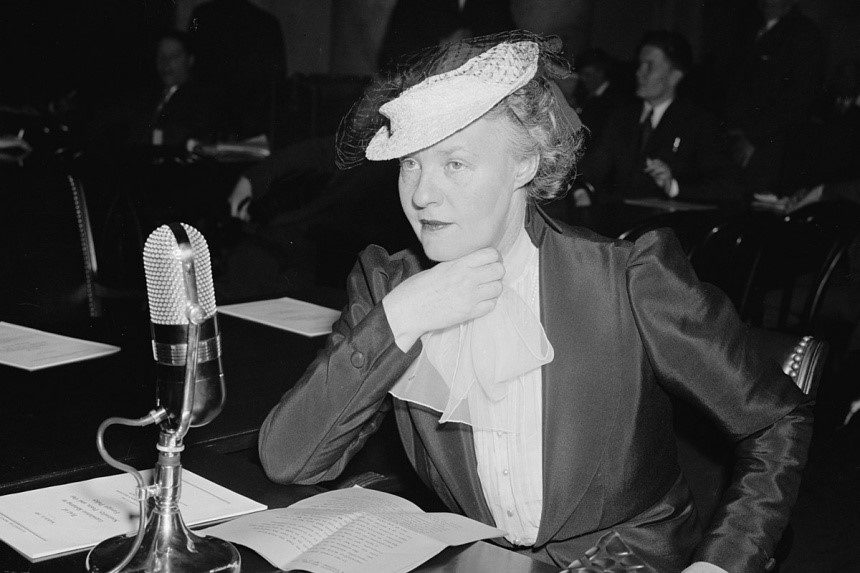
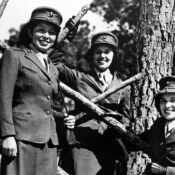
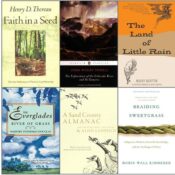

Comments
Enjoyed the article about Dorothy Thompson. Today, we know so little about this amazing journalist who warned us about the dangers of Hitler and his Nazis. Would be great if Sat. Eve. Post could publish a compilation of her many articles.